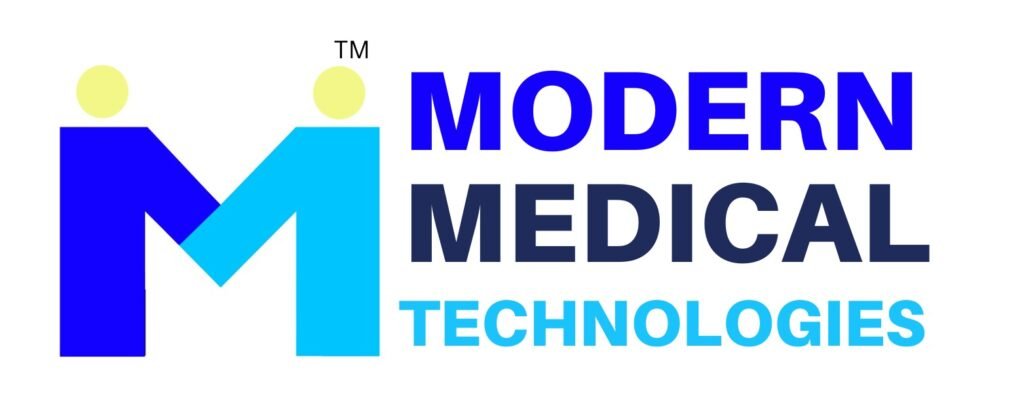
Menu
Medical Billing Syllabus
Medical billing is a critical aspect of healthcare administration, ensuring that healthcare providers are accurately reimbursed for the services they provide. A comprehensive syllabus for medical billing equips students with the knowledge and skills necessary to navigate the complexities of the healthcare billing process. Below is an outline of the key components typically covered in a medical billing syllabus.
1. Introduction to Medical Billing
- Overview of the Healthcare Industry: Understanding the structure and functions of healthcare systems, including private and public sectors.
- Roles and Responsibilities of a Medical Biller: Exploring the duties of a medical biller, including patient data management, billing processes, and communication with insurance companies.
- Legal and Ethical Considerations: Discussing the importance of compliance with healthcare laws, including HIPAA (Health Insurance Portability and Accountability Act), and understanding patient confidentiality.
2. Medical Terminology
- Understanding Medical Terms: Introduction to common medical terminology, including prefixes, suffixes, and root words used in billing and coding.
- Anatomy and Physiology: Basic overview of human anatomy and physiology relevant to medical billing.
- Medical Abbreviations: Familiarization with common abbreviations used in medical records and billing documents.
3. Healthcare Insurance
- Types of Health Insurance: Exploration of different types of health insurance plans, including HMOs, PPOs, Medicaid, Medicare, and private insurance.
- Insurance Policies and Procedures: Understanding the policy requirements, claim submission processes, and the role of medical billers in managing insurance claims.
- Insurance Terms and Definitions: Key terms related to insurance billing, such as deductibles, co-pays, premiums, and coverage limits.
4. Medical Billing Process
- Patient Registration and Data Management: Gathering and verifying patient information, including demographic and insurance details.
- Charge Entry and Claim Preparation: Accurately entering charges for services rendered and preparing claims for submission to insurance companies.
- Claim Submission and Follow-up: Understanding the electronic and paper claim submission processes, and the importance of following up on denied or unpaid claims.
- Accounts Receivable Management: Techniques for managing accounts receivable, including handling patient payments, setting up payment plans, and managing overdue accounts.

5. Medical Coding
- Introduction to Medical Coding: Understanding the role of medical coding in billing, including the use of ICD-10, CPT, and HCPCS codes.
- Coding Guidelines and Compliance: Ensuring accuracy in coding practices and adhering to coding guidelines and regulations.
- Coding for Different Specialties: Specialized coding for various medical fields such as surgery, radiology, and pathology.
6. Billing Software and Tools
- Introduction to Billing Software: Training on popular medical billing software systems used in the industry, such as Epic, Cerner, and Medisoft.
- Electronic Health Records (EHR): Integration of EHR with billing systems and the benefits of electronic documentation.
- Reporting and Analytics: Generating reports, analyzing data, and utilizing billing software for financial management and decision-making.
7. Compliance and Auditing
- Regulatory Compliance: Understanding the importance of compliance with federal, state, and local regulations in medical billing.
- Auditing and Quality Control: Techniques for auditing medical bills and ensuring accuracy in billing practices.
- Fraud and Abuse Prevention: Identifying and preventing fraudulent activities in medical billing.
8. Career Development
- Job Search Strategies: Guidance on resume writing, interview preparation, and job search strategies specific to the medical billing field.
- Professional Certification: Information on certifications such as Certified Professional Biller (CPB) and Certified Coding Specialist (CCS) and their importance in career advancement.
- Continuing Education: The importance of ongoing education and staying current with industry changes.

Have any Questions? Call us Today!
- +91-7799990041